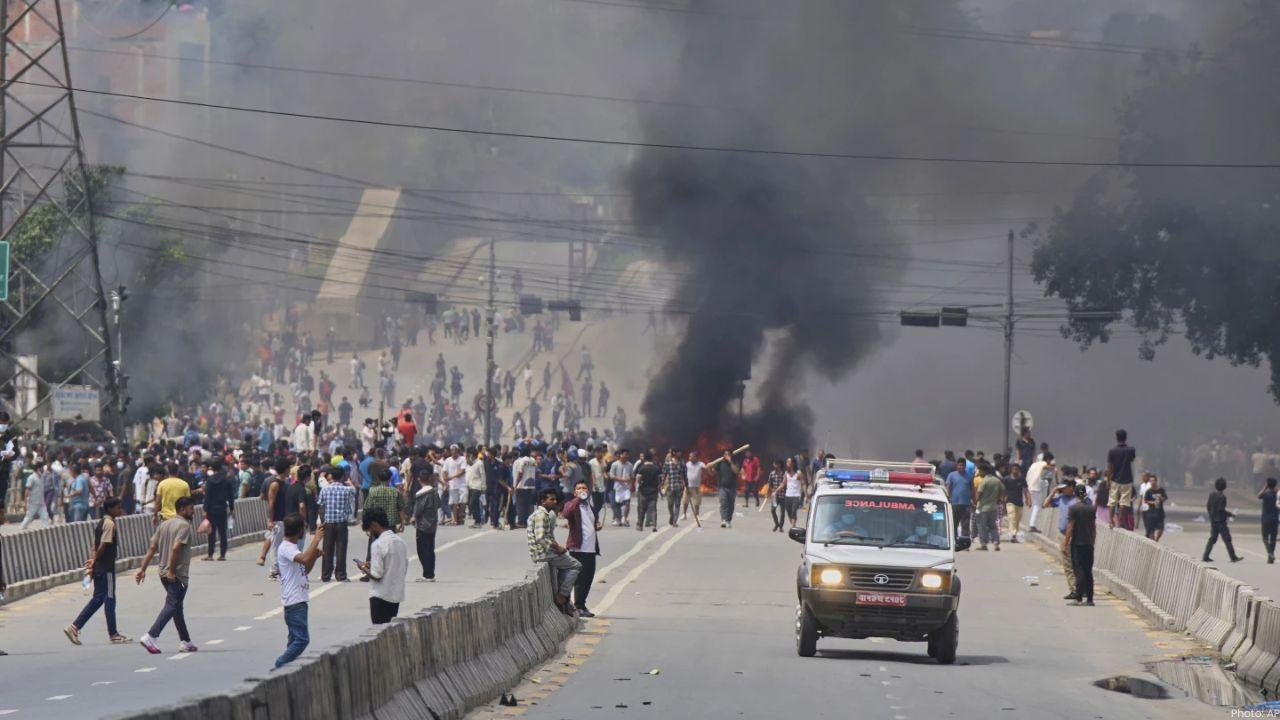
Post by : Layla Badr
Nepal is facing one of the most serious political crises since the monarchy was abolished in 2008. What started as a disagreement over new social media rules has now turned into a large nationwide movement led by young people. The protests have already resulted in the deaths of more than 30 people, injuries to over 1,300, and the resignation of Prime Minister K.P. Sharma Oli.
Social Media Ban Sparks Outrage
The crisis began on September 4, 2025, when the Nepalese government decided to block 26 popular social media platforms, including Facebook, Instagram, YouTube, and X (formerly Twitter). The government claimed that the move was necessary because these platforms did not comply with new registration rules. Authorities said the rules would help stop the spread of false information online.
Stay informed with the latest news. Follow DXB News Network on WhatsApp Channel
However, many young people in Nepal saw this action as an attack on freedom of speech. Social media is widely used among Nepali youth for communication, sharing news, and expressing opinions. The sudden ban felt restrictive and unfair, leading to widespread anger and frustration.
Protests Quickly Escalate
The anger over the social media restrictions turned into street protests almost immediately. On September 8, protestors began storming barriers around Nepal’s Parliament, demanding that their voices be heard. By the next day, the demonstrations had intensified. Protesters clashed with security forces and targeted government buildings, including the Parliament complex and Singha Durbar, the central administrative office.
Some demonstrators even attacked luxury hotels, which they viewed as symbols of wealth and elite privilege in the country. The situation quickly escalated into violent confrontations. Security forces responded by using tear gas, rubber bullets, and live ammunition, trying to control the crowds.
Rising Human Toll
The clashes between protestors and security forces have had a serious human cost. The initial confrontations left at least 19 people dead. Continued unrest pushed the death toll over 30, and more than 1,300 people were injured. Hospitals in Kathmandu, the capital, are struggling to treat the large number of injured individuals.
Families of those who died in the protests are now demanding justice, accountability, and compensation for their loved ones. The tragic loss of life has highlighted the seriousness of the crisis and the urgent need for political solutions.
Prime Minister Resigns Amid Pressure
Under intense pressure from both the public and political opposition, Prime Minister K.P. Sharma Oli resigned. His resignation marks a significant turning point in Nepal’s political crisis.
Currently, political sources and protest leaders are discussing the appointment of former Chief Justice Sushila Karki as the interim prime minister. If confirmed, she would become the first woman and first judicial figure to lead Nepal’s executive branch. Her potential appointment is seen as a historic and symbolic step towards reform and stability.
Current Situation in Nepal
Even though the government has lifted the social media ban, many protest leaders are not satisfied. They argue that real change requires deeper reforms. These demands include:
Dissolution of Parliament
Amendments to the Constitution
Systematic action against corruption
Meanwhile, curfews remain in force in Kathmandu and several other cities. The Nepalese army is patrolling the streets to prevent further violence and maintain order.
The streets of Kathmandu, once bustling with life, are now tense and heavily guarded. Schools and offices are closed in some areas, and public transportation is limited due to safety concerns.
Impact on Youth and Society
The crisis has highlighted the frustration of Nepal’s young population. Many young people feel that the political system does not represent their interests. The ban on social media was seen as a symbol of government control and suppression of free expression.
Social media has become more than just a tool for communication in Nepal; it is a platform where youth voice their opinions, organize events, and share news. The restrictions exposed the gap between the government and its citizens, particularly the younger generation.
Regional and Global Concerns
Nepal’s unrest has attracted attention from regional and international observers. Analysts warn that the situation is a reminder of how digital restrictions, corruption, and youth frustration can combine to destabilize democracies, especially in countries with fragile political systems.
Countries around the world are watching closely, concerned about potential impacts on Nepal’s stability, economy, and regional relations. For neighboring countries, the situation is also significant because unrest in Nepal could affect trade, tourism, and diplomatic relations.
What Comes Next?
As Nepal navigates this crisis, several questions remain unanswered:
Who will lead the country in the short term?
Will meaningful reforms take place to address corruption and political discontent?
How will the government rebuild trust with its citizens, especially the youth?
Protest leaders continue to push for changes, emphasizing that lifting the social media ban is only a temporary solution. They argue that structural reforms and greater political transparency are necessary to prevent similar crises in the future.
Nepal is at a critical crossroads. The events of September 2025 show how quickly a political disagreement can escalate when citizens feel their voices are ignored. The combination of social media restrictions, government policies, and youth activism has created a situation that is both dangerous and historic.
The resignation of the prime minister and the potential appointment of a woman and judicial figure as interim leader reflect the seriousness of the crisis and the possibility of change. However, the path to stability will require careful negotiation, political reforms, and meaningful engagement with the people, particularly Nepal’s young population.
Nepal’s story serves as a powerful reminder for countries around the world: in today’s digital age, policies that limit freedom of expression can quickly spark large-scale unrest, and youth movements can have a significant impact on the political landscape.

Dr. Koncha Pinós: Where Art, Consciousness, and Neuroaesthetics Meet
Dr. Koncha Pinós explores how art and consciousness unite, shaping wellbeing and the future from the

Global Banking in 2025 How Technology Sustainability and Innovation Are Shaping the Future
Explore the global banking landscape digital transformation sustainability and innovations shapin

Canadian Dollar Rises as US Data Boosts Investor Confidence
Canadian dollar gains after hitting three-week low as U.S. jobless claims rise and Canada plans proj
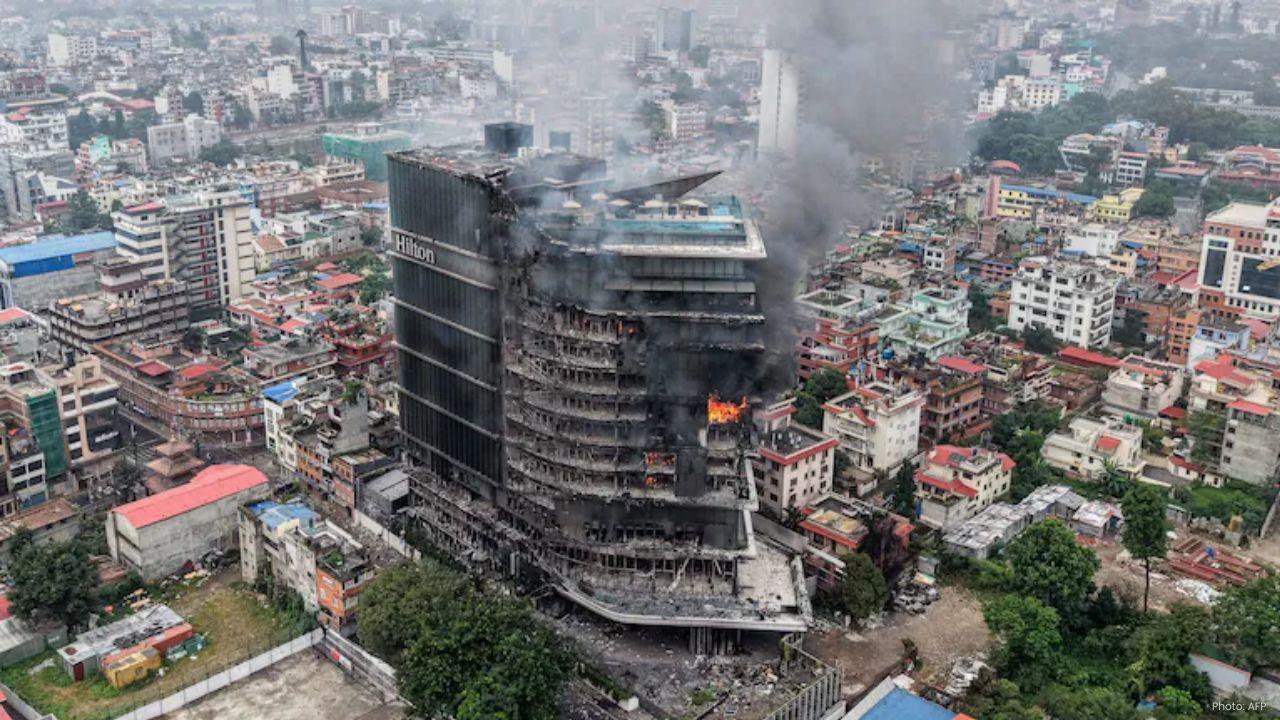
Nepal Gen Z Protests: Parliament, Luxury Hotels Set Ablaze
Massive Gen Z protests in Nepal target corruption, lavish elites; parliament and luxury hotels, incl
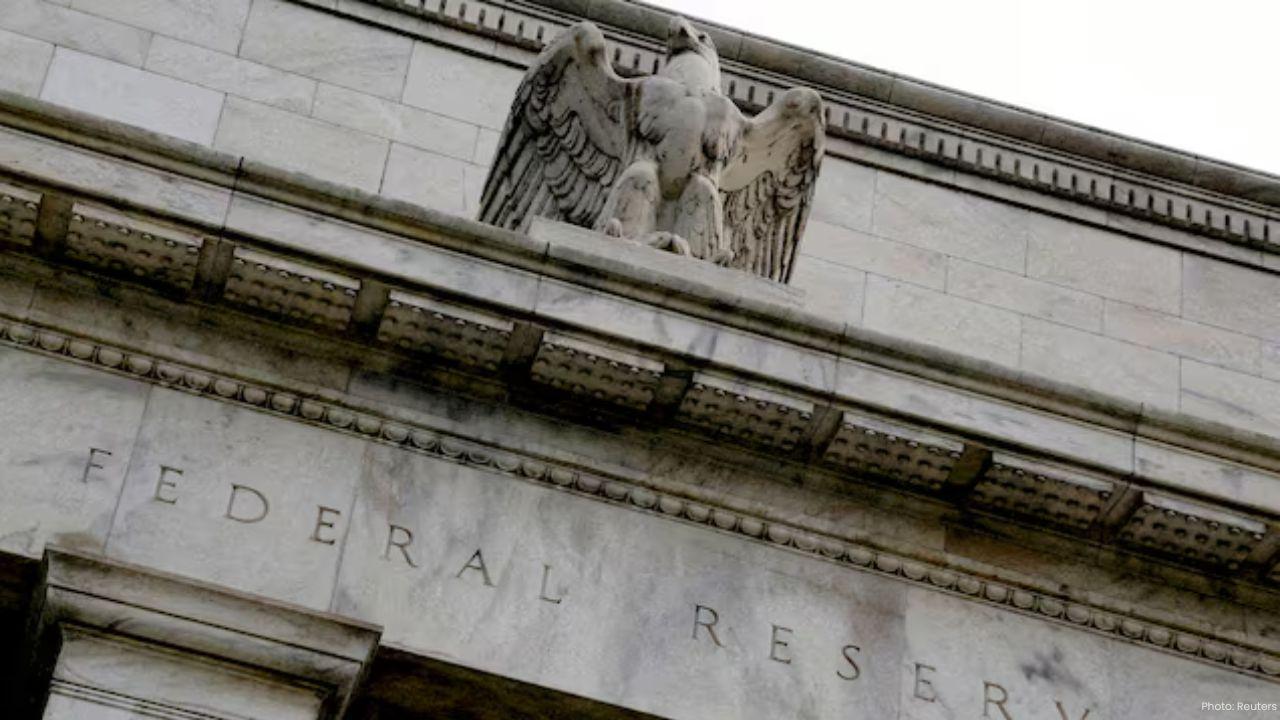
US Faces Inflation Rise, Job Loss Fears Ahead of Fed Decision
US inflation rises as jobless claims hit 4-year high. Fed faces tough choices as consumers feel pres

Trump suggests Russian drone entry into Poland was mistake
Trump says Russia may have entered Poland by mistake as drones violate airspace, contrasting strong
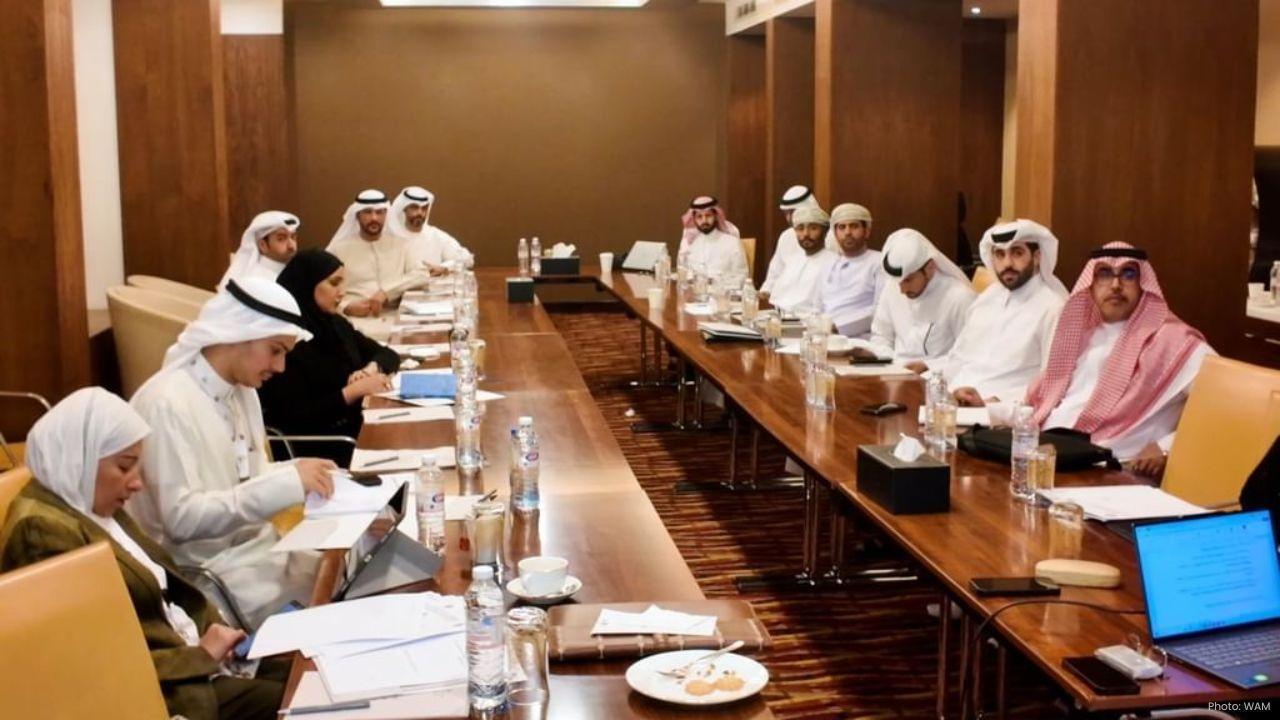
UAE Joins GCC Workshop to Strengthen Anti-Money Laundering
UAE participates in GCC-UNODC workshop in Kuwait to boost anti-money laundering, security cooperatio

Global Banking in 2025 How Technology Sustainability and Innovation Are Shaping the Future
Explore the global banking landscape digital transformation sustainability and innovations shapin

Nepal Faces Crisis as Youth Protests Shake Politics
Nepal’s political crisis grows as youth protests rise over social media ban, leaving 30+ dead and th
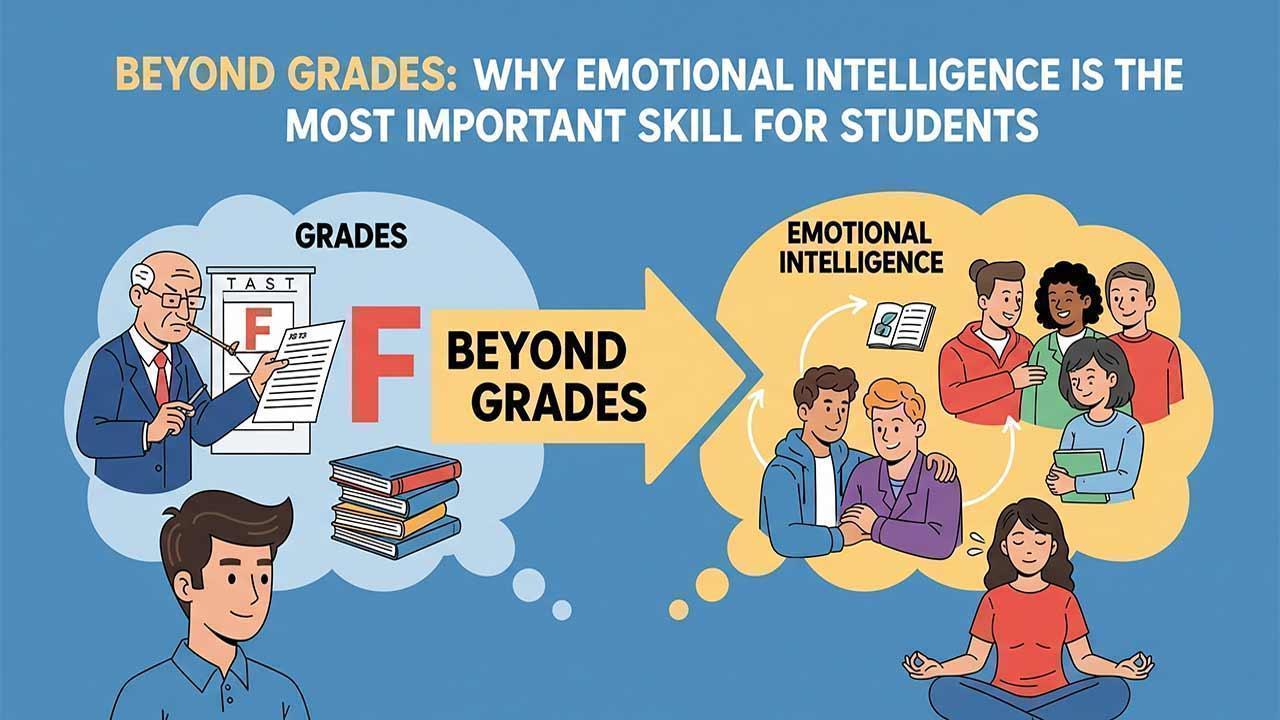
Beyond Grades Why Emotional Intelligence is the Key to Students Success
Discover why emotional intelligence matters more than grades helping students succeed manage emoti
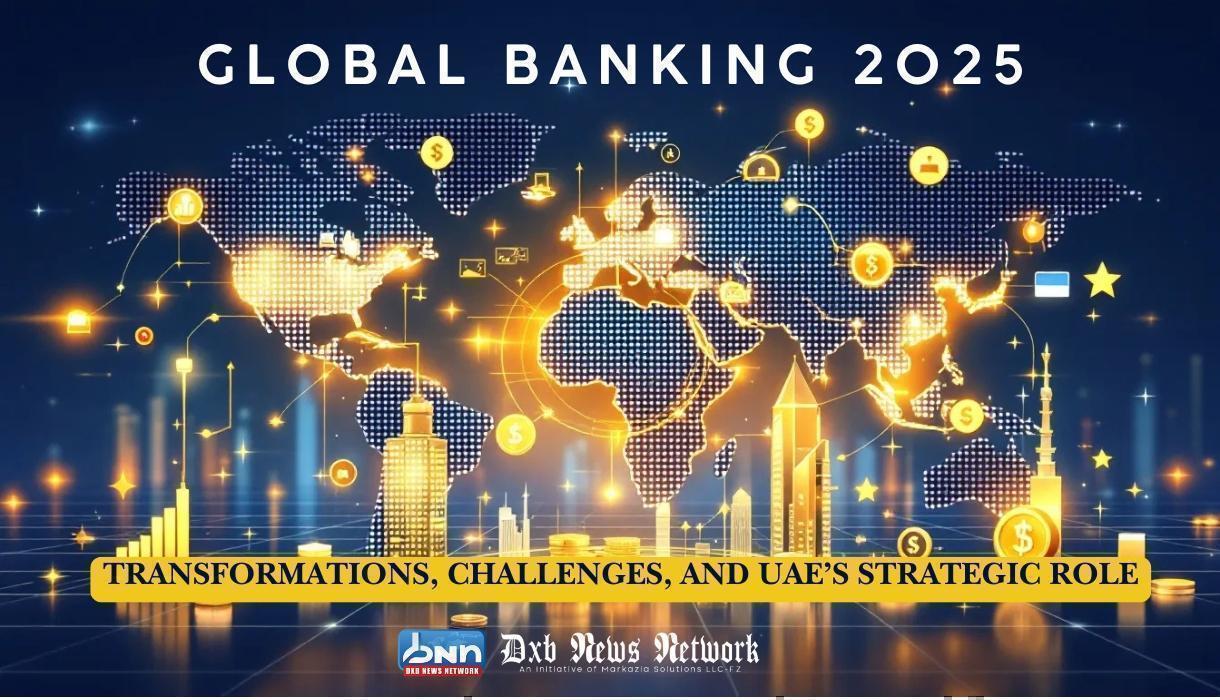
Global Banking 2025: Transformations, Challenges, and UAE’s Strategic Role
Transformations, Challenges, and UAE’s Strategic Role
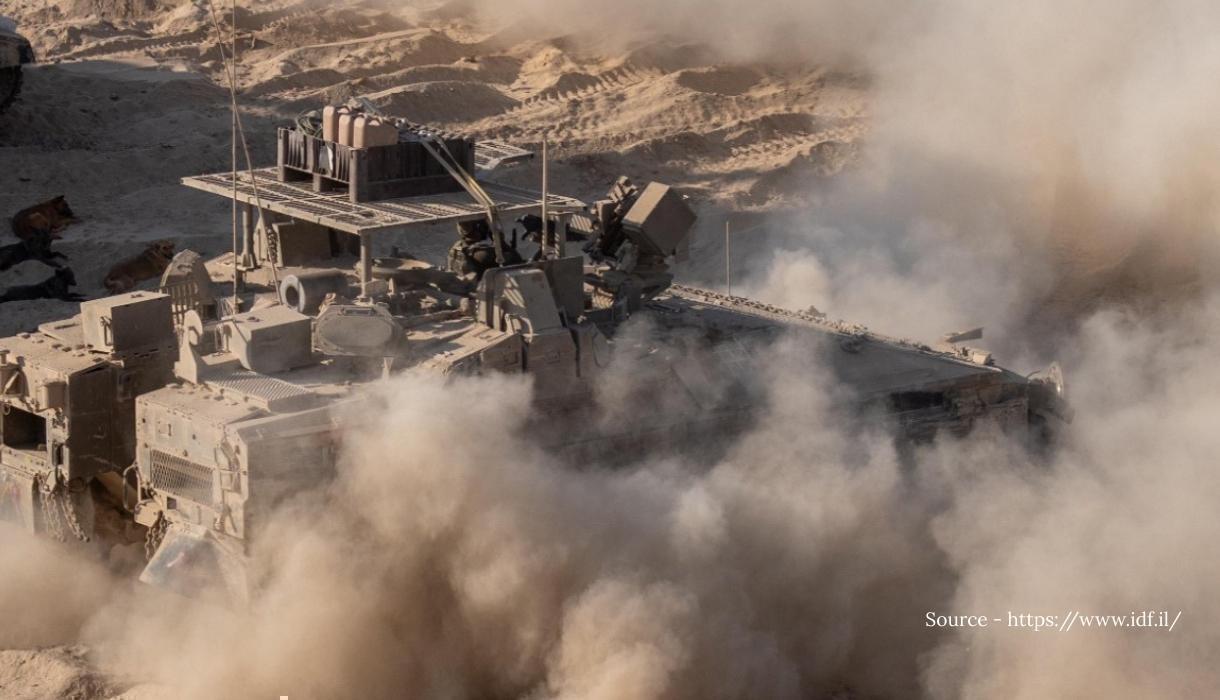
Israel Launches Airstrikes on Yemen — 35 Dead, Over 130 Injured in Sanaa and Al Jawf
Emergency teams rush to rescue survivors as strikes hit military sites, fuel depots, and residential
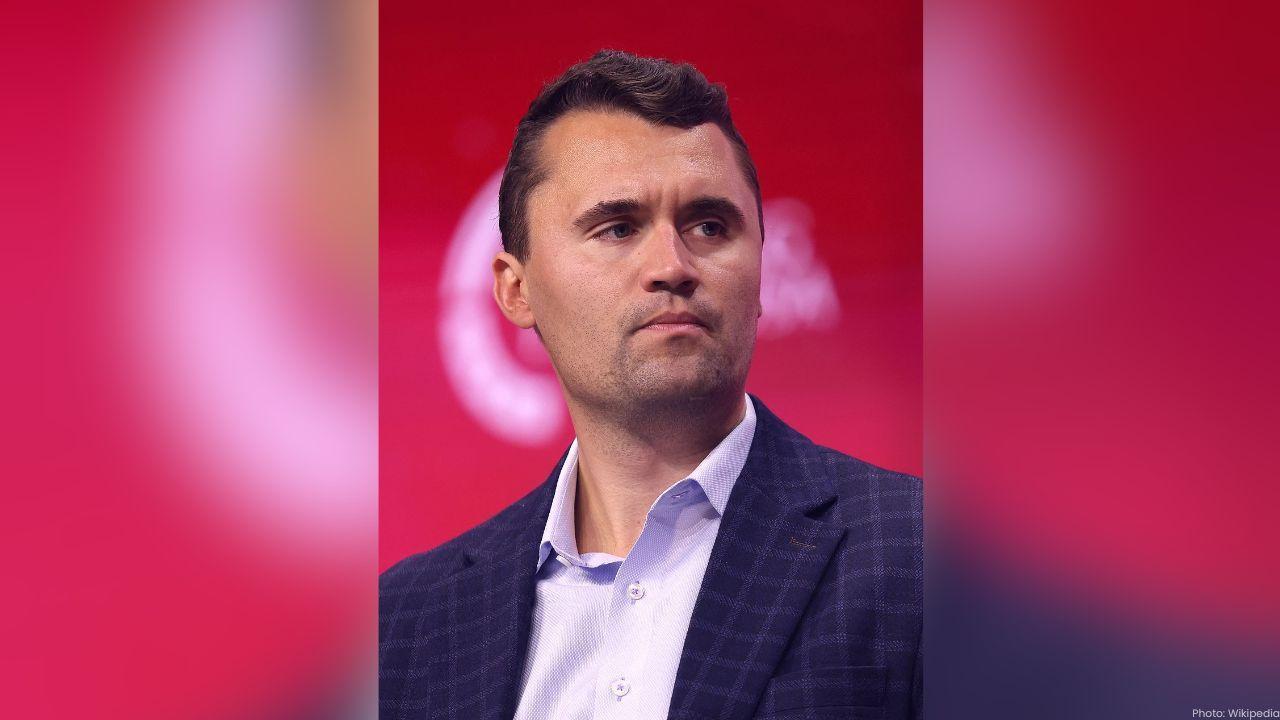
Charlie Kirk Shot Dead at Utah University During Speech
Charlie Kirk, Turning Point USA founder, was shot dead at Utah Valley University. Chaos erupted as t
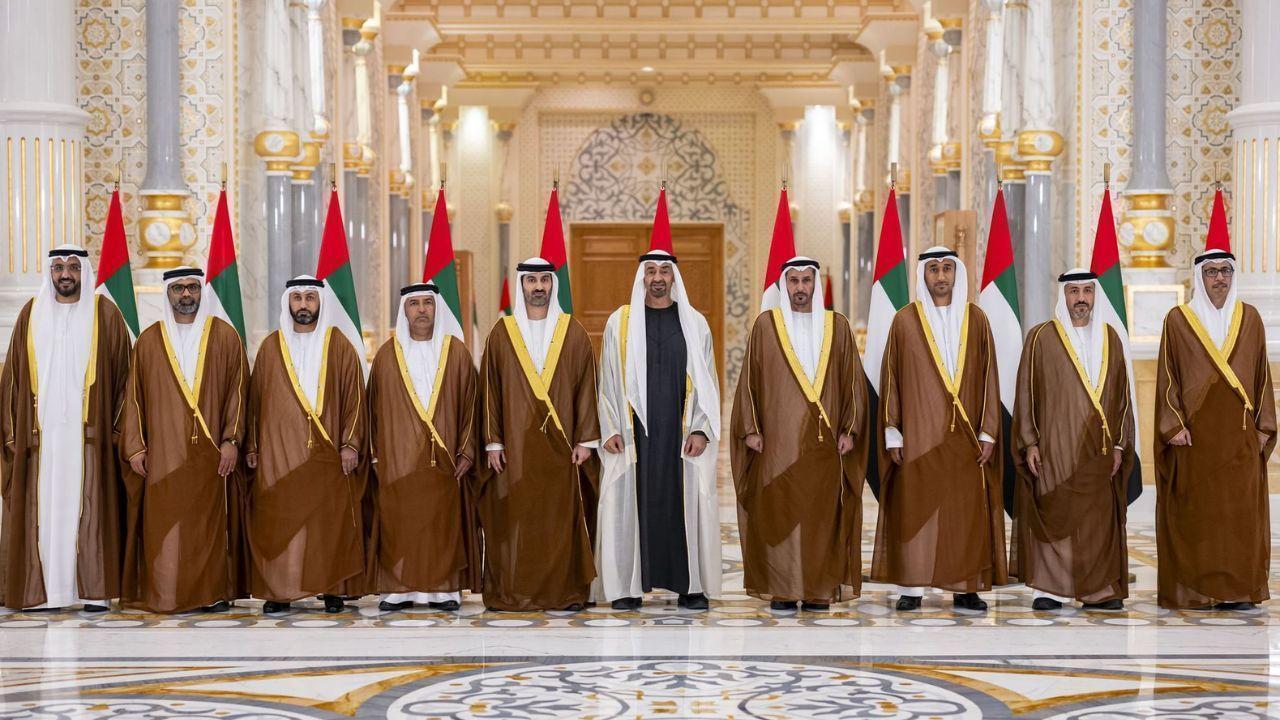
UAE President Hosts Ceremony for New Ambassadors
UAE President Sheikh Mohamed bin Zayed attends swearing-in of UAE ambassadors and receives credentia

UAE Civil Aviation Soars Airports Flights and Economic Impact
UAE’s civil aviation sector grows rapidly with world-class airports, international routes, cargo job